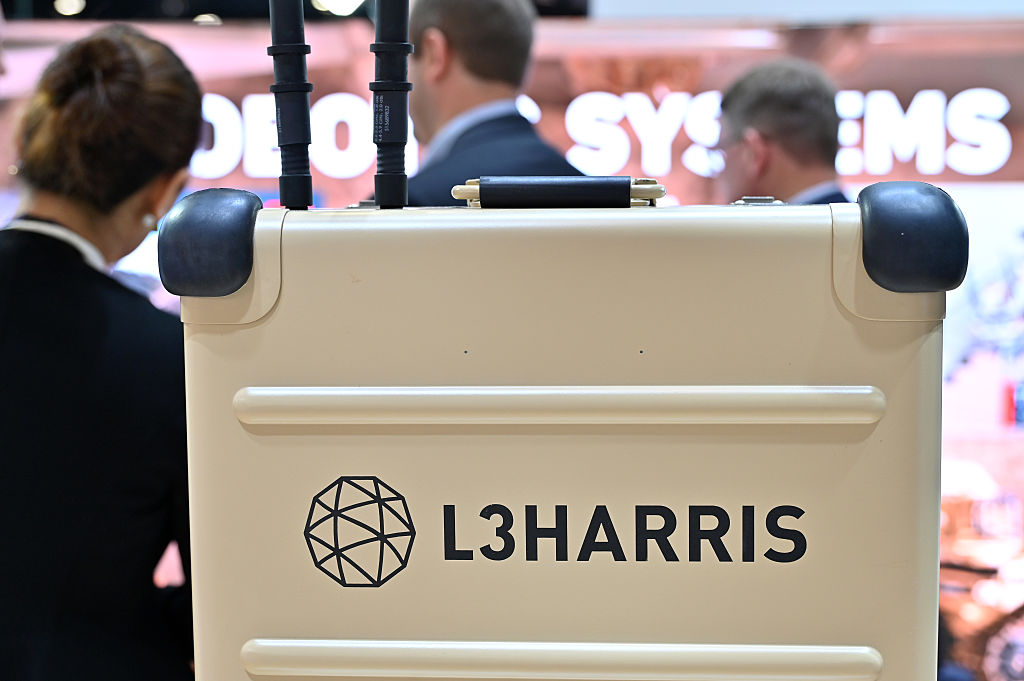Former L3Harris Executive Admits to Selling Zero-Day Exploits to Russian Broker
In a significant development within the cybersecurity and defense sectors, Peter Williams, the former general manager of Trenchant—a division of defense contractor L3Harris—has pleaded guilty to charges of misappropriating and selling proprietary zero-day exploits to a Russian intermediary. This case underscores the critical importance of safeguarding sensitive cyber tools and the severe consequences of their unauthorized distribution.
Background on Trenchant and Zero-Day Exploits
Trenchant, a subsidiary of L3Harris, specializes in developing advanced hacking and surveillance tools for Western governments, including the United States. These tools often leverage zero-day exploits—previously unknown vulnerabilities in software or hardware that, when exploited, can grant unauthorized access to systems. The clandestine nature of zero-day exploits makes them highly valuable in both offensive and defensive cybersecurity operations.
Details of the Case
According to court documents, Williams, an Australian citizen residing in Washington, D.C., was accused of stealing eight trade secrets from two unnamed companies between April 2022 and August 2025. The Department of Justice (DOJ) alleges that Williams sold these proprietary exploits to a Russian buyer, amassing approximately $1.3 million from these transactions. The specific nature of the stolen trade secrets and the identity of the Russian intermediary have not been disclosed.
Williams’ tenure at Trenchant began on October 23, 2024, and concluded on August 21, 2025. His role placed him in a position of trust, granting him access to highly sensitive information and tools developed by the company. The breach of this trust has raised significant concerns about internal security protocols within defense contractors.
Legal Proceedings and Implications
The DOJ has charged Williams with multiple counts, including conspiracy to commit computer fraud, conspiracy to commit wire and bank fraud, and conspiracy to commit money laundering. These charges reflect the gravity of his actions and the potential national security implications. An arraignment and plea agreement hearing were scheduled for October 29 in Washington, D.C.
The case is being prosecuted by the DOJ’s National Security Division’s Counterintelligence and Export Control Section, highlighting the national security stakes involved. The DOJ is also seeking the forfeiture of Williams’ assets derived from his alleged crimes, aiming to recover the illicit gains obtained through the unauthorized sale of sensitive cyber tools.
Industry and Government Response
L3Harris has not publicly commented on the case, maintaining a stance of discretion amid ongoing legal proceedings. The FBI and the U.S. District Court for the District of Columbia have also refrained from providing statements, citing the sensitive nature of the investigation.
This incident has prompted a broader discussion within the cybersecurity and defense communities about the need for stringent internal controls and monitoring mechanisms to prevent the unauthorized dissemination of critical cyber tools. The potential for such exploits to fall into the hands of adversarial entities poses a significant threat to national security and underscores the necessity for robust security measures within organizations handling sensitive information.
Broader Context: The Market for Zero-Day Exploits
The illicit market for zero-day exploits is both lucrative and shadowy, with various entities willing to pay substantial sums for these vulnerabilities. For instance, in March 2025, Operation Zero, a company that acquires and sells zero-days exclusively to the Russian government and local Russian companies, announced it was offering up to $4 million for exploits targeting the popular messaging app Telegram. This highlights the high demand and significant financial incentives associated with zero-day exploits.
Similarly, in September 2023, Operation Zero increased its bounties, offering up to $20 million for hacking tools capable of compromising iPhones and Android devices. These figures illustrate the immense value placed on zero-day exploits and the lengths to which certain entities will go to acquire them.
The Need for Enhanced Security Measures
The Williams case serves as a stark reminder of the vulnerabilities that exist within organizations handling sensitive cyber tools. It underscores the necessity for comprehensive security protocols, including rigorous employee vetting, continuous monitoring, and robust internal controls to prevent unauthorized access and distribution of proprietary information.
Furthermore, this incident highlights the importance of international cooperation in addressing the illicit trade of cyber exploits. Collaborative efforts between governments, law enforcement agencies, and private sector entities are essential to combat the proliferation of zero-day exploits and to mitigate the associated risks to global cybersecurity.
Conclusion
Peter Williams’ guilty plea to charges of selling zero-day exploits to a Russian broker marks a significant event in the realm of cybersecurity and defense. It brings to light the critical importance of safeguarding sensitive cyber tools and the severe consequences of their unauthorized distribution. This case serves as a call to action for organizations and governments alike to bolster their security measures and to remain vigilant against internal and external threats to national and global cybersecurity.



